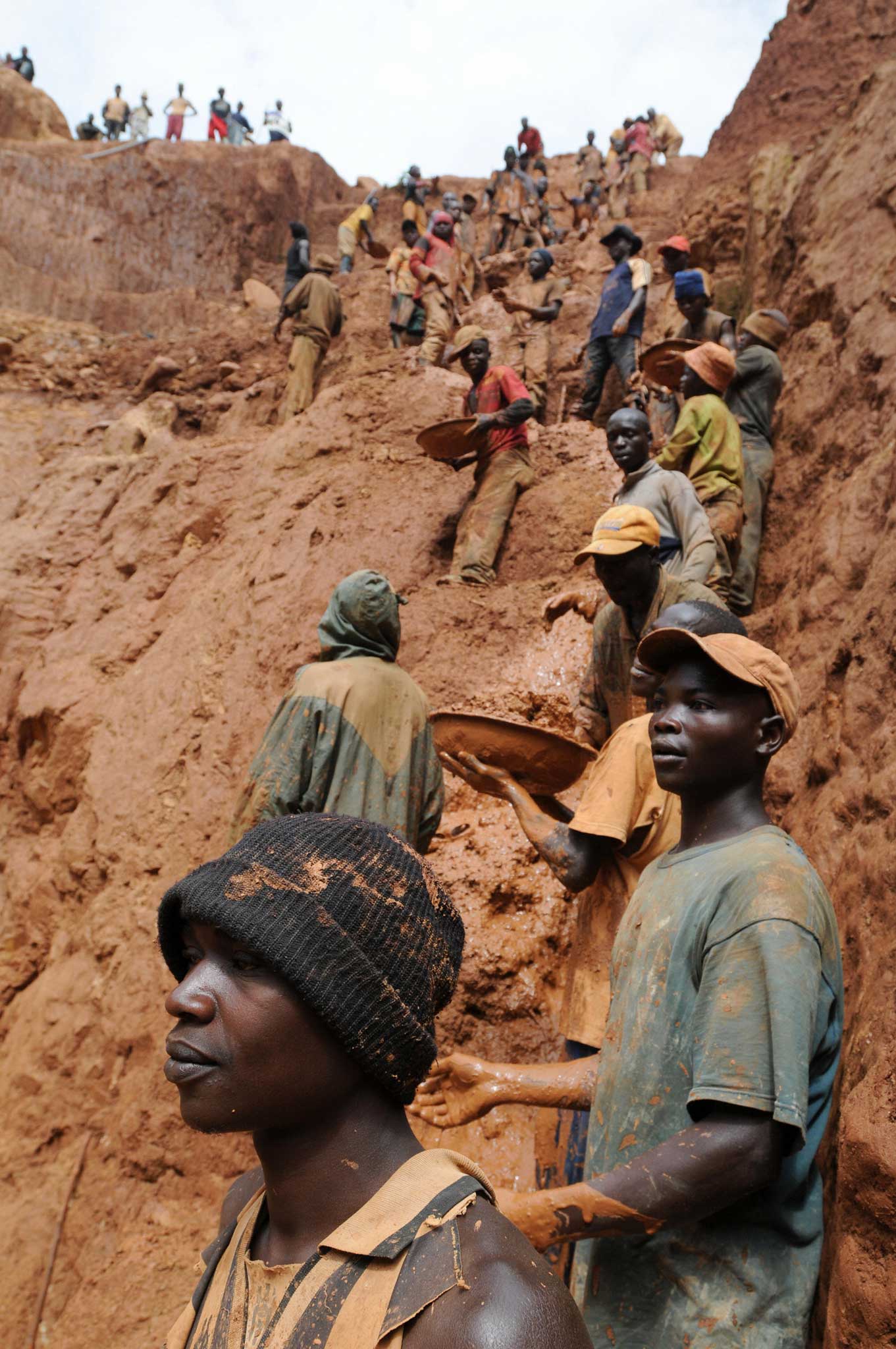Congo: The Epic History of a People by David van Reybrouck, book review
This ambitious history of the Congo tells a story of ravishment – and dark comedy

Your support helps us to tell the story
From reproductive rights to climate change to Big Tech, The Independent is on the ground when the story is developing. Whether it's investigating the financials of Elon Musk's pro-Trump PAC or producing our latest documentary, 'The A Word', which shines a light on the American women fighting for reproductive rights, we know how important it is to parse out the facts from the messaging.
At such a critical moment in US history, we need reporters on the ground. Your donation allows us to keep sending journalists to speak to both sides of the story.
The Independent is trusted by Americans across the entire political spectrum. And unlike many other quality news outlets, we choose not to lock Americans out of our reporting and analysis with paywalls. We believe quality journalism should be available to everyone, paid for by those who can afford it.
Your support makes all the difference.Like "genius" or "masterpiece", "epic" is a word that has suffered semantic inflation at the hands of over-eager book reviewers. But the Congo is a country that merits the word in all its original grandeur; epic landscapes, epic rivers, epic greed, epic suffering and epic history too.
Such is the baffling size and complexity of the place that David van Reybrouck's new history, with its 550 pages of wide sweep and riveting detail, could be seen as a short story. It certainly possesses the economy and deftness of the best short stories and avoids the bloat of your average history book.
Van Reybrouck begins his account in 1874 with whispers deep in the jungle about the sighting of "a man, white from head to toe, like an albino". He ends it in 2010 with two peroxide blonde Congolese women returning from a trading expedition to the Chinese city of Guangzhou, the labels of their brand new clothes flapping in the kerosene-scented air. In between, he tells an epic tale of ravishment, in which the motifs of greed, exploitation and violence remain fairly constant, as do their opposites: faith, courage, humour and music. The names and the raw materials change: Emperor Leopold II, King Baudouin, Lumumba, Mobutu, Kabila père et fils, ivory, rubber, palm oil, diamonds, copper and coltan. Tiny traces of the latter can be found in almost every smartphone, laptop, Xbox or sleek toy of modern civilisation you might care to mention. The fact that the world has electrified and digitalised itself thanks to the riches of the Congo, while the country remains one of the poorest on Earth, is the kind of irony that gets Van Reybrouck's considerable literary juices flowing.
His father Dirk worked as an electrician on the railway line that linked the mineral-rich province of Katanga with the Angolan coast in the 1960s and the Congo inveigled itself into Van Reybrouck's blood as a child and populated his dreams, just as it did with millions of his fellow countrymen. His love for the country runs through the book, breaking through the horror and regret in passages about music or forgotten heroism. It's in the plea that appears in the last few pages for us not to mistake "this wondrously beautiful country" for one big cash-and-carry for crops and minerals but to see it as place that has "helped to determine and form the history of the world".
More importantly, Van Reybrouck chooses to tell this story from "the bottom up", to coin his own phrase. The majority of the book comprises the testimony of ordinary Congolese, dramatised by the dazzling powers of Van Reybrouck's imagination. The 128-year old Nkasi who was alive when the first white traders and missionaries trudged into that immense forest, Jamais Kolonga the man who dared to ask a white woman for a dance, Zizi Kabongo the cameraman who captured Muhammad Ali and George Foreman's 'Rumble in the Jungle', Ruffin the child soldier, Masika Katsua the rape-victim… These, and more like them, tell their country's story. A few "good" Belgians also contribute, most memorably the dictator Mobutu Sese Seko's personal tailor Alfons Mertens, who describes his former employer as "a nice person".
Van Reybrouck swoops and glides through their dark comedy with the poetic agility of an Orson Welles. Personal stories, memory and philosophy are intercut with breathless factual narrative, as precise as Morse code. He throws a clear light on the horrific conflicts of the late 1990s and early 2000s in eastern Congo, which are to recent African history what the Higgs boson is to particle physics, in other words, mysteries almost impossible for a layman to understand.
The angel is in the detail strewn in great abundance throughout the narrative. We learn for example that "Belgian colonialism contributed to the spiritual dimension of reggae" by helping to return Ethiopia to Haile Selassie in 1941, and that Mobutu's pathetic attempt to launch Africa's first ever space rocket in 1978 produced only a "parabola of soot". The research, the devotion, the inventiveness in Van Reybrouck's writing are a gift to everyone, not just fans of African history. This book not only deserves the description "epic", in its true sense, but the term "masterpiece" as well.
Join our commenting forum
Join thought-provoking conversations, follow other Independent readers and see their replies
Comments